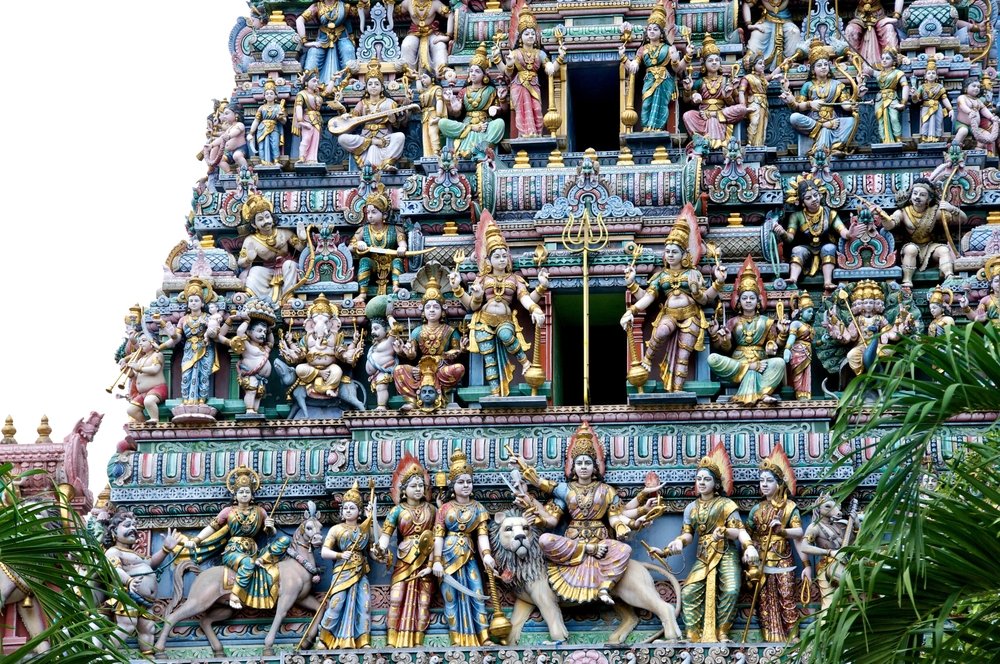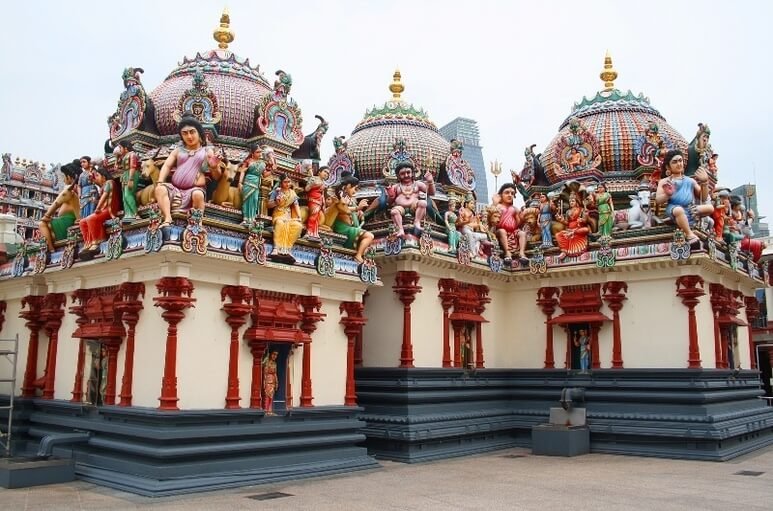singapure : which was turn derived from Sanskrit word for lion city in brahmi language simhapure simha means lion and pura means city lions of the name Siṃhapura were used for a number of cities throughout the region prior to the establishment of the Kingdom of Singapura. In Hindu-Buddhist culture, lions were associated with power and otection, which may explain the attraction of such name Variations of the name Siṃhapura were used for a number of cities throughout the region prior to the establishment of the Kingdom of Singapura. In Hindu-Buddhist culture, lions were associated with power and protection, which may explain the attraction of such a name.

the name Singapura supplanted Temasek sometime before the 15th century, after the establishment of the kindom of singapura on the island by a fleeing srivivjaya raja (prince) from ,However, the precise time and reason for the name change is unknown. The semi-historical Malaya annals state that Temasek was christened Singapura by sang nila utama, a 13th-century Srivijayan Raja from Palembang. The Annals state that Sang Nila Utama encountered a strange beast on the island that he took to be a lion. Seeing this as an omen, he established the town of Singapura where he encountered the beast. The second hypothesis, drawn from Portuguese, postulates that this mythical story is based on the real life parmeshvara of Palembang. Parameswara declared independence from Majapahit and mounted a Lion Throne, thus claiming the Srivijaya Empire. After then being driven into exile by the Javanese, he usurped control over Temasek. It is possible that he rechristened the area as Singapura.
DISCLAIMER: The author is solely responsible for the views expressed in this article. The author carries the responsibility for citing and/or licensing of images utilized within the text.




